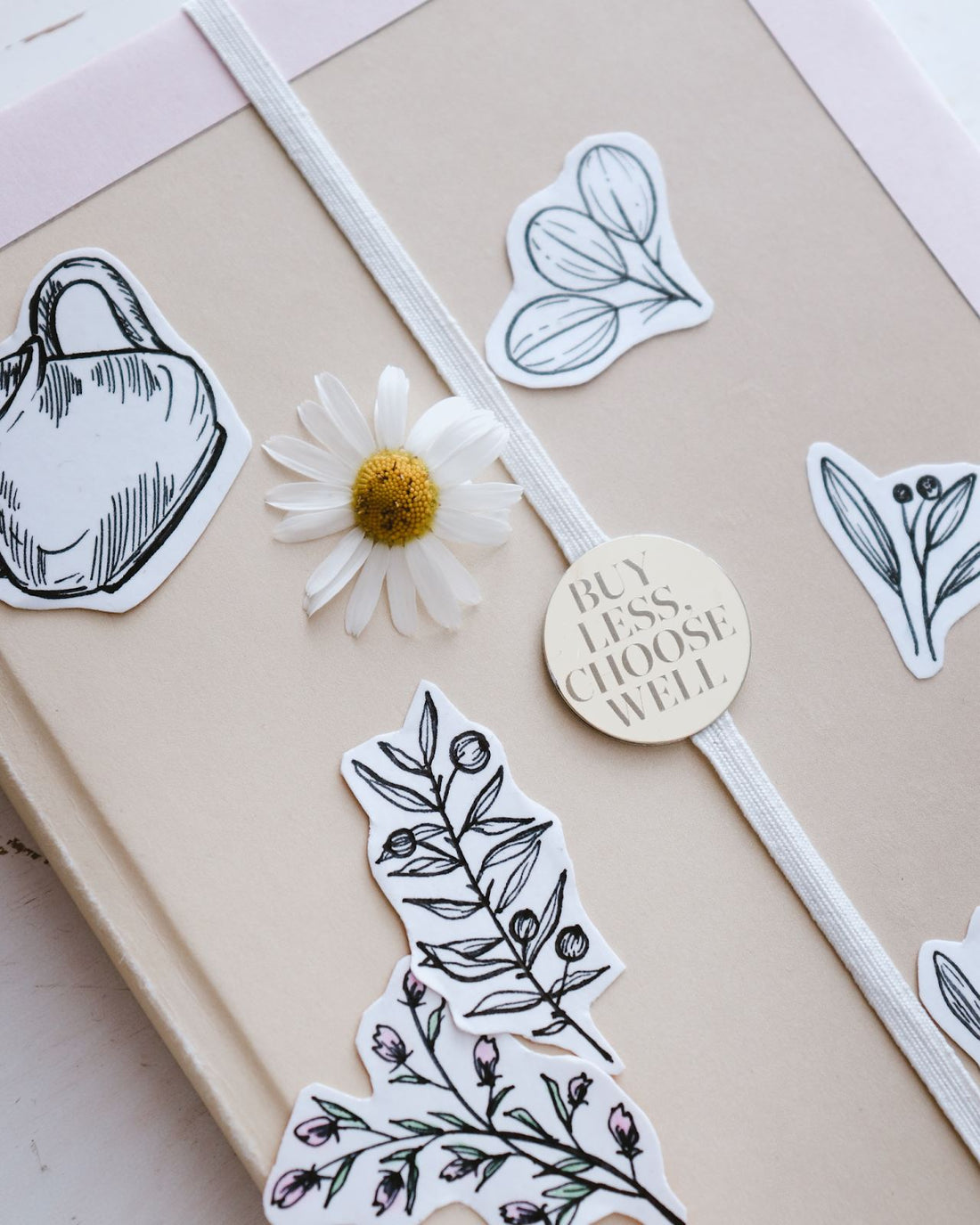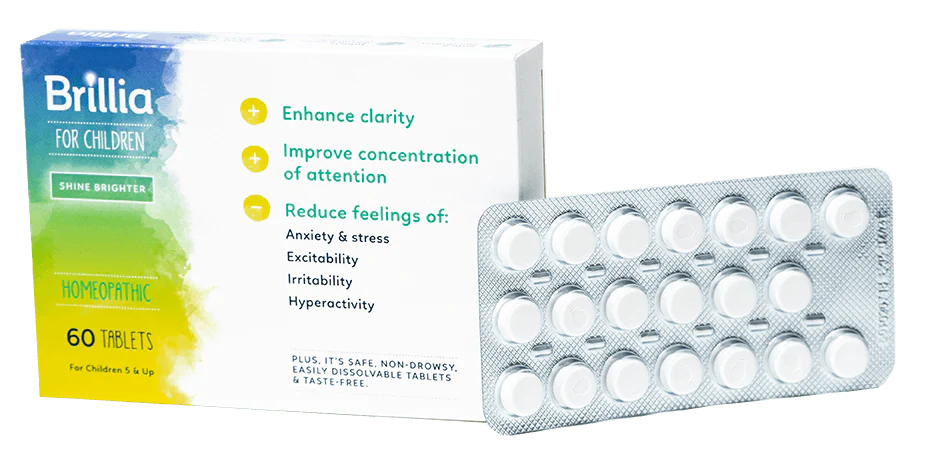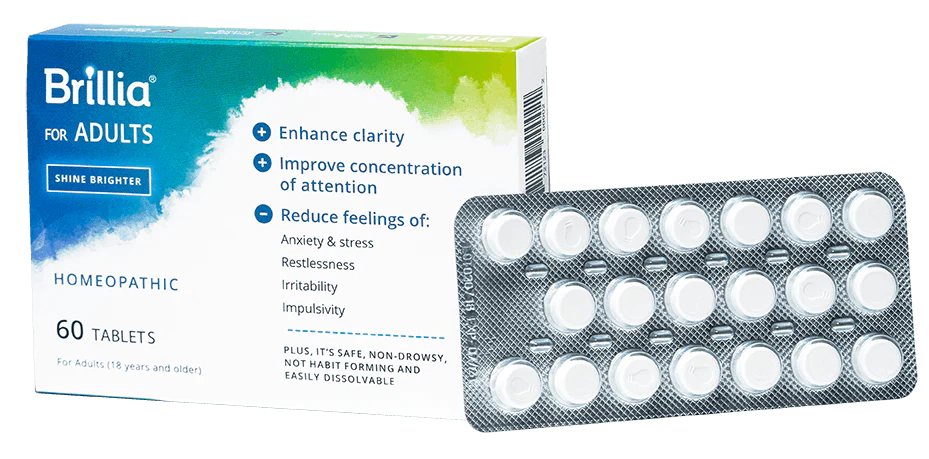Marie Kondo said it best: “Keep only those things that speak to your heart.1 Then take the plunge and discard all the rest. By doing this, you can reset your life and embark on a new lifestyle.” Choosing to simplify our lives by reducing our stuff can have a profound effect on our stress levels. Simply put, there is a correlation between stress and stuff. Some of that “stuff” is physical and some of it is mental. By parting with the things that no longer serve us–from old shoes to old habits–we can make a difference in how good we feel about our lives. And with 75 percent of Americans currently suffering from stress, this is an epidemic that we can and must revise.2 Here is what we’ve found about living a minimalist lifestyle and some simple living habits to put into use today.
Living a Minimalist Lifestyle
According to Joshua Becker, author of The Minimalist Home: A Room-by-Room Guide to a Decluttered, Refocused Life, “Minimalism is the intentional promotion of the things we most value in life by removing anything that distracts us from it.”4 For many, this boils down to physical possessions cluttering our home.
A survey by the National Association for Professional Organizers found that over a third of readers were overwhelmed by their clutter and not even sure where to begin cleaning.[4] Feeling chronically overwhelmed by our stuff can lead to prolonged stress and unhealthy lifestyle choices.
Learning how how to live minimalistically is a worthy pursuit with multifaceted benefits that include:
Shine Brighter
- Enhanced focus: When multiple objects are competing for our attention, we have a more challenging time focusing on just one of them. This affects our ability to complete tasks at work or even be present at home. For a person with ADHD, this can be even more detrimental as focus is already compromised in the ADHD brain.
- Healthier eating habits: Researchers at the University of Minnesota found that people who spent time in an unorganized room were twice as likely to eat a chocolate bar than an apple.5 Stress-induced eating can have a massive impact on our overall health, so decluttering can be one of the healthiest things we do for ourselves.
- More time and money: With less stuff to clean, organize and keep track of, we can benefit from having more time and money to spend on experiences instead of things.
- Gratitude: When we declutter our homes, we are able to cultivate more gratitude for the things we have. Gratitude is good for us too, with studies showing that it can improve our mental health over time.6
- Lower risk of disease: If chronic clutter leads to chronic stress, then we must acknowledge the physiological effects of chronic stress, which include hypertension, disease, addiction and anxiety disorders.7 By reducing our clutter and our stress, we also reduce our likelihood of developing stress-related diseases.
Simple Living Habits
There are a variety of simple living habits you can start to integrate into your life without much effort at all. From keeping a journal to buying only what you need, we’ll explore some actionable steps in the next section. But before you hold that yard sale and get rid of all your stuff, consider Marie Kondo’s advice to imagine your ideal lifestyle first.8 Then ask yourself if your home is supporting that vision. By taking time to figure out what you value and why you want to simplify your life instead of how you’re going to simplify it, you’re more likely to stick with your new lifestyle. Instead of focusing on living with less, commit to live among items you truly cherish.
Ways to Simplify Your Life
When taking a minimalist approach to your life, consider the following tips:
- Keep a journal: Keeping a daily journal is an easy way to cultivate gratitude for the things you have and want to keep. It also helps you declutter your mind from thoughts no longer serving you.
- Give yourself permission to say no. Chronic fear of FOMO urges many of us to say “yes” to everything from a dinner party we don’t really want to attend to a new blouse we don’t really need. By slowing down and giving ourselves permission to say “no,” we reduce the unnecessary accumulation of things that steal our time, our money and our space.
- Focus on joy or purpose: Looking again to Marie Kondo’s method, you can declutter your home best by keeping items that “spark joy,” and discarding the rest.9 If you have reservations about the method, focus on the minimalist approach: keep items that only serve a purpose.
- Buy only what you need: No offense to Cotsco lovers, but try to resist the urge to buy in bulk. This lessens the risk of crowding your space with items you won’t use for months.
- Breathe and accept the process: It’s natural to feel a bit stressed when clearing out your home and making space, even if the items you are discarding are ones you haven’t used in a while. If you find yourself becoming more stressed, take some time to practice mindfulness. One of the best ways to eliminate stress quickly is through meditation, which requires nothing but our own stillness and breath.
In addition to decluttering your home and committing to a minimalist lifestyle, Brillia for Adults is another option to help reduce your stress. A homeopathic remedy that enhances clarity, improves focus and reduces feelings of restlessness and anxiety, Brillia for Adults is available without a prescription and has no harmful side effects. Brillia for Adults also works best in combination with the healthy lifestyle choices you’re making in pursuing simple living habits. Find out more about how Brillia works.
References: 1https://parade.com/971716/marynliles/marie-kondo-quotes/, 2https://www.singlecare.com/blog/news/stress-statistics/,3https://www.goodhousekeeping.com/home/decorating-ideas/a32824185/, 4https://www.verywellmind.com/the-cost-of-clutter-3144688, 5https://www.mother.ly/life/its-science-clutter-can-actually-give-you-anxiety, 6https://greatergood.berkeley.edu/article/item/how_gratitude_changes_you_and_your_brain, 7https://www.yalemedicine.org/conditions/stress-disorder, 8https://konmari.com/konmari-is-not-minimalism/, 9https://konmari.com/marie-kondo-rules-of-tidying-sparks-joy/







